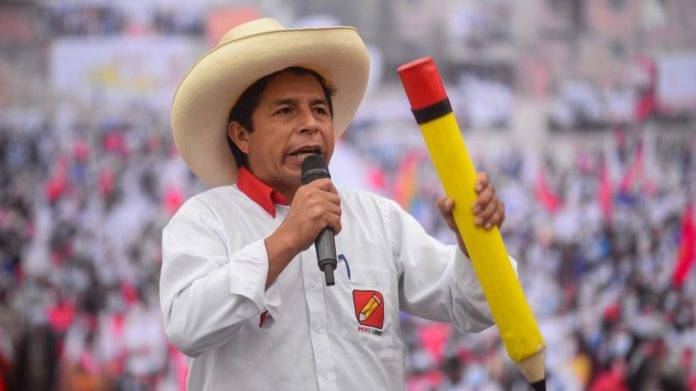
THE growing popularity of left-leaning politics in South America could have a positive impact on the price of copper as miners hesitate over expansions, said Bloomberg News citing Freeport-McMoRan CEO, Richard Adkerson.
“We really don’t know what the outcome is, bottom line,” Adkerson was quoted as saying. “This is going to be supportive of future copper prices.”
Peru’s newly appointed president Pedro Castillo has vowed to take a bigger share of the mineral windfall to fight poverty. The country, along with Chile, accounts for about 40% of world copper production.
The shifting political winds are part of the challenges that mining companies face in meeting growing demand as the world transitions away from fossil fuels, said Bloomberg News.
Adkerson said, however, that the industry might be able to avoid drastic policy changes in Peru, pointing to stability agreements and examples of other candidates moderating their approaches once in office. He plans to engage with the Castillo government.
The price of copper surged through $10,000 per ton earlier this year as analysts and mining firms forecast a growing supply deficit, partly owing to copper’s growing application in the decarbonisation of economies and partly owing to a paucity of new projects.
“Today, the world consumes 30 million tons of copper per year and by the year 2050, following this trajectory, we’ve got to produce 60 million tons of copper per year,” he said. “If you look at the historical past 10 years, we’ve only added 500,000 tons per year … Do we have the projects? I don’t think so. I think it will be extremely difficult.”










